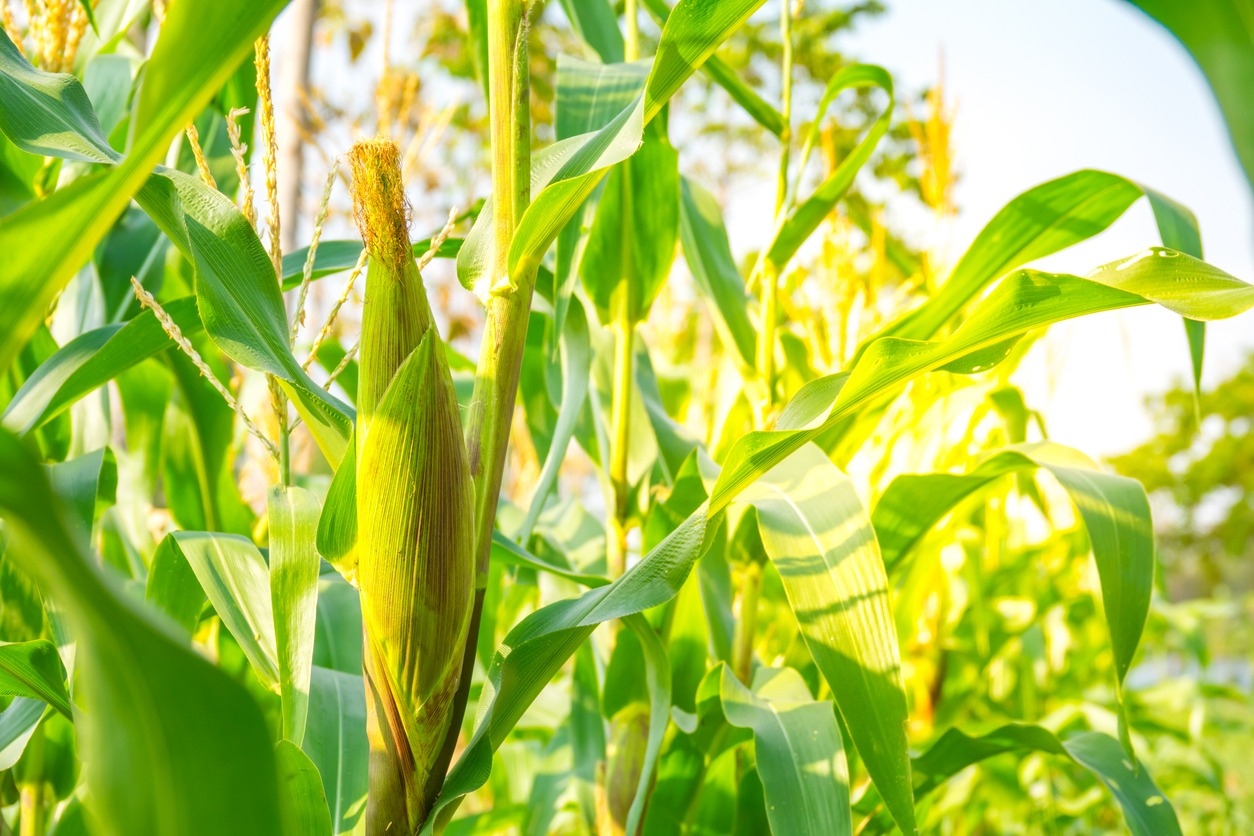Jim Laird is fully behind the push for more sustainable sources of protein, and plant-based protein at that. Indeed, accelerating the sustainable protein supply is why he co-founded Glasgow-based 3F BIO, a manufacturer of mycoprotein, four years ago. But if you ask him if there’s a meat-free future in store, he’ll tell you the numbers simply don’t add up.
“The global market for protein totals circa 500 million tonnes and is forecast to grow by something between 60% and 100% by 2050. Plant-based protein currently accounts for about 1% of the global protein plate and is forecast to increase [to around] 10%,” Laird, 3F BIO’s CEO, tells AFN.
Even if animals and fish continue to account for 90% of the protein humans consume, Laird is an avid “meat reduction” proponent. One of the approaches that he and 3F BIO are embracing is “hybrid meat”—new protein-rich foods that are exactly what they imply: part meat, part plant.
Hybrid meat production is on the table as part of a €17 million collaboration between 3F BIO and nine other partners in the EU including Dutch cellular meat company Mosa Meat, French bioplastics manufacturer Lactips, and biofuel company Alcogroup.
The funding, secured through Europe’s Horizon 2020 initiative, will support the construction of a large-scale, integrated biorefinery in Ghent, Belgium. The facility will enable 3F BIO to ramp up production of its mycoprotein product, Abunda, and work with its partners to ensure a zero-waste manufacturing process with additional useable outputs, including hybrid meat with Mosa Meat and Irish meat company ABP Foods, bioplastics with Lactips, and biofuel with Alcogroup.
“Each partner has a role—we’re not directing their work,” Laird explains. “We are all championing bio-based solutions and want to make sure there’s a complete value chain.”
Mycoprotein is 50% more efficient than other meat alternatives
3F BIO’s core product, mycoprotein, is a protein source derived from grains, like corn and wheat. It is made by extracting the plants’ natural sugars and fermenting them, roughly the same way one would make beer or yogurt. The process uses a natural strain of fungi, which catalyzes the glucose’s transition into protein and fiber. The final result is a whole food product that can be sold or used in other food sources.
The company claims that mycoprotein is 75% more cost- and resource-efficient than poultry—one of the least resource-intensive meat sources—and 50% more efficient than other meat alternatives.
Mycoprotein isn’t new. It has been on the market in Europe by manufacturer Quorn since the 1980s, and currently accounts for about 25% of plant-based protein consumption in Europe, Laird says. For 3F BIO, the company isn’t looking to compete with Quorn in the B2C market; instead, it intends to commercialize its product for B2B distribution.
One of the biggest visible opportunities is the “meat alternative” market, where long-standing producers like the Vegetarian Butcher in the Netherlands play alongside its newer and louder American peers Impossible Foods and Beyond Meat and nascent cultured-meat startups, like 3F BIO’s partner Mosa Meat. That broad spectrum of actors represents a market that’s growing 15% annually, Laird says. It doesn’t capture the full alternative protein opportunity, however.
“We want to see a reduction in the quantity of meat from livestock consumed,” Laird said in a statement. “The easiest way is to use a meat hybrid where a percentage of meat in any product is replaced by sustainable protein.”
Recently, industrial meat giant Tyson Foods announced it planned to launch a half-pea, half-beef burger in grocery stores this year, in effort to cash in on the “flexitarian” trend. Perdue is jumping on the bandwagon as well, with its frozen chicken-chickpea nuggets. The company anticipates “vegetable enhanced” products claiming 5% of its overall business in five years, Reuters reported.
“For some consumers, this may be the easiest path to reducing the total amount of protein from livestock that is consumed,” Laird observes. He adds that hybrid meats may be the most impactful model for guaranteeing a sustainable supply of protein, provided food companies are able to “give consumers what they know and like without any compromise on taste and flavor.”
Ramping up on all fronts
The project 3F BIO is spearheading with its other European partners has been dubbed “Plenitude.” The key piece of the project is the construction of a biorefinery that will support commercial-scale production of 3F BIO’s corn-based mycoprotein product Abunda. 3F BIO will go on to sell that product to partners Mosa Meat, Lactips, Irish meat producer ABP Food Group and Dutch plant-based meat company Vivera.
The facility will also include machinery to convert some of the grain input and liquid waste from the fermentation plant into bioethanol. For this portion of the project, 3F BIO is partnering with biofuels company Alcoagroup, which will both supply the corn for 3F BIO’s operations and manage the bioethanol side of the operation.
Funding for the facility is being provided by 3F BIO alongside a €17 million grant from the EC’s Bio-Based Industries Joint Undertaking.
Plenitude’s other partners include International Flavors & Fragrances, supporting product development and applications; Wageningen University, providing research and protein expertise; and marketing and sustainability consultants Bridge 2 Food and Life Cycle Engineering.





